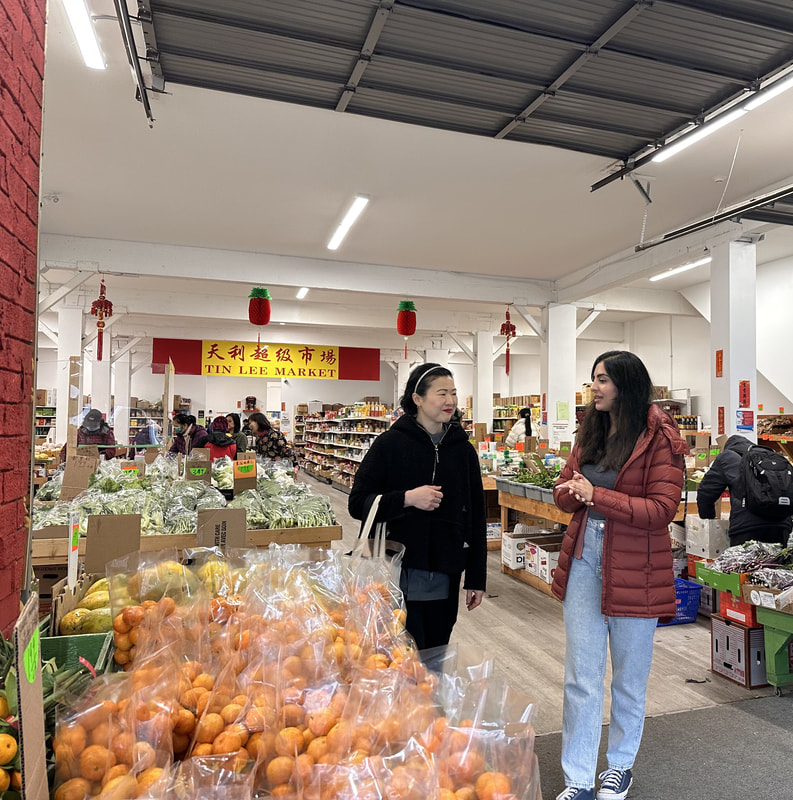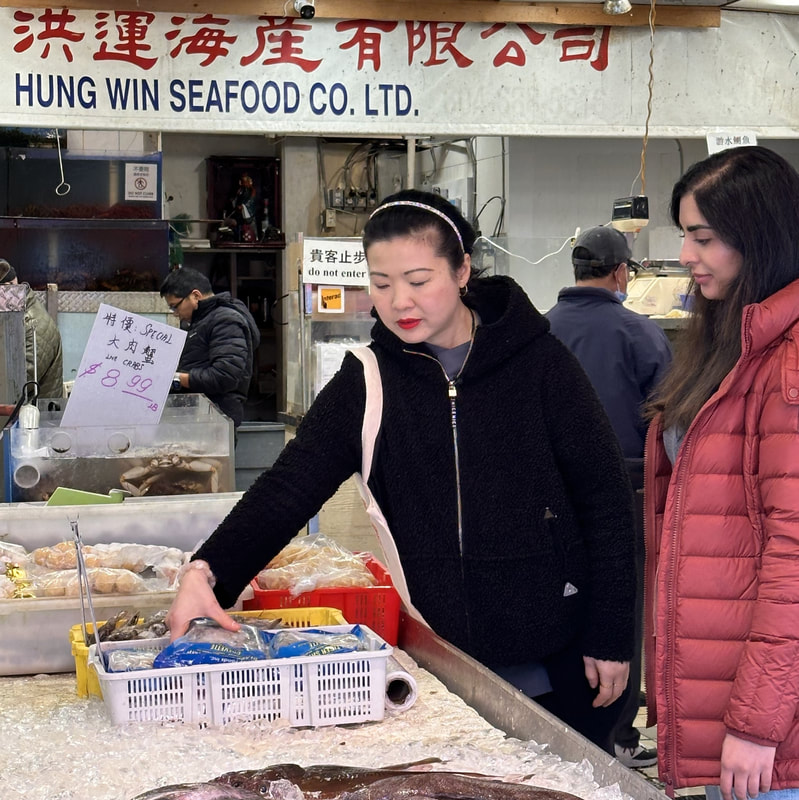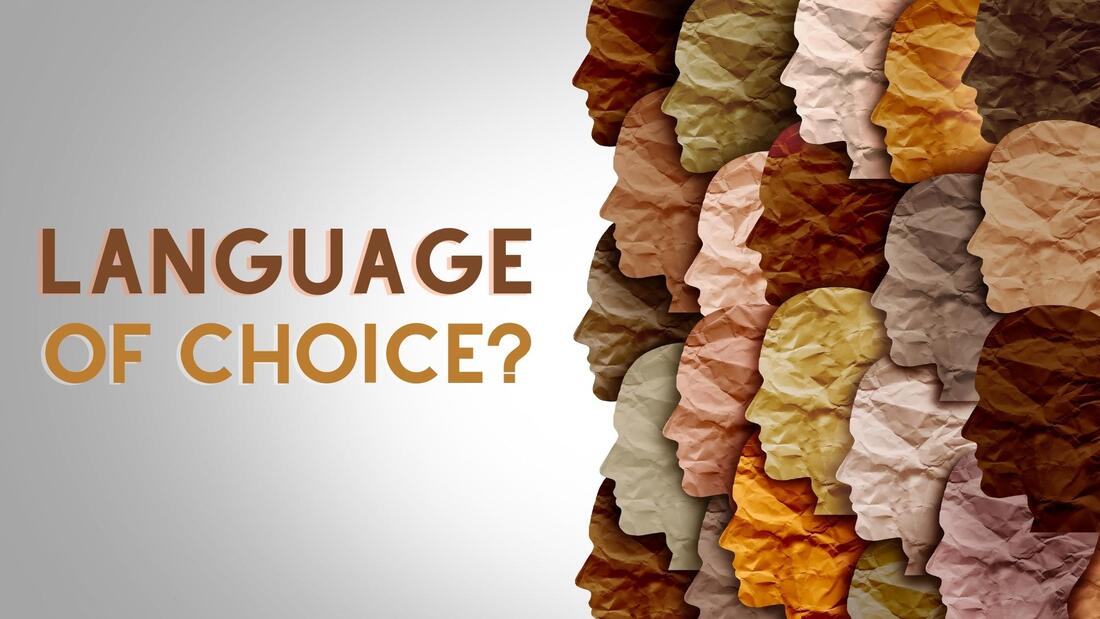|
In the diverse cities of Canada, especially Vancouver and Toronto, connecting with various audiences can be a challenge for businesses and organizations. If you aim to engage with the Chinese community, you might need Weibo and WeChat as your strong tools to reach the right audiences. Weibo: Referred to as the "Chinese X” (formerly Twitter) Weibo has nearly 800,000 users residing in Canada, with a global monthly user base of 600 million people across 190 countries. Users can share short content posts, images, videos and links, making it a dynamic and diverse platform. As one of the most popular topics on Weibo, influence of Key Opinion Leaders (KOLs) reaches 53.3% of Sina Weibo users. According to online statistics, Weibo is also extremely popular in North America with 2 million posts each day! Weibo is not only there for personal expression but also functions as a space for celebrities, brands, and influencers to interact with their followers. As Canada celebrates its 157th anniversary of the Canadian Confederation which occurred on July 1, 1867, people from coast to coast to coast have their own ways of celebration.
To many, Canada Day is a statutory holiday. But to immigrants like me, Canada Day should be a day to reflect on what it means to be Canadian, to share what makes us proud, to celebrate, and to give back. My family moved to Canada in 1993. We picked Vancouver due to the considerably mild weather and its proximity to the Asia Pacific. It was then a sleepy little town. But that was why we appreciate more what Vancouver has to offer. People are friendly and embrace multiculturalism. Food is always a good entry point – we can find all kinds of cuisines here – Chinese, Japanese, Korean, Indian, just to name a few. For the past 20 years, UNESCO (United Nations Educational, Scientific and Cultural Organization) has put in tremendous efforts to preserve and protect intangible cultural heritage worldwide. Food is considered an important part of intangible cultural heritage; and it is hoped that it will be passed down from generation to generation. At Vancouver Chinatown, we have a strong passion for food. Memories are weaved around families and friends gather around a table to celebrate important occasions, such as birthdays, festivals, anniversaries, or just because. With all the new stores and restaurants that opened in Chinatown recently, Sing Tao Media Group Canada would like to share with its audience where to “eat, drink, play, and have fun” in today’s Chinatown. Who’s in a better position to show us around than Carol Lee, Chair of the Vancouver Chinatown Foundation? Choice Communication started the planning process and, finally, on a nice spring day in May 2023, we began the tour with Carol Lee, Debbie Chen (reporter), Harrison Ha (photographer and videographer) and Helen Yu. We have planned the tour to cover eight businesses ranging from restaurants (multicultural cuisines), an herbal store, a tea store, a gift store, and a plant/home decoration store. 1. Chinatown BBQ - 30 E Pender Street 2. DD Mau - 145 E Pender Street 3. Phnom Penh Restaurant - 244 E Georgia Street 4. Kissa Tanto - 263 E Pender Street 10/18/2023 Five ways to support small businessesThis week is Small Business Week ( October 15 - 21, 2023 )
According to the Government of British Columbia, there are over 500,000 small businesses, constituting 98% of the total businesses in the province, meaning roughly one in 10 British Columbians are small business owners or entrepreneurs. In 2022, small businesses contributed 34% to B.C.’s GDP, the highest in Canada. We've noticed that the past few years have been challenging for small business owners, not only due to global inflation but also because of rising interest rates and other factors. So, how can we support these entrepreneurs, store owners, and restaurants through our small actions? Here are five ways to support small businesses in the service industry: Media roundtable is a personalized approach to build a relationship with the media, to engage, and to create a two-way dialogue. While a media Q&A or scrum happens at the end of a news conference is often one-directional, it is through a roundtable setting when the host has a chance to learn and listen to the journalists since they are basically “your eyes and ears on the ground”.
As we usher in the Lunar New Year which is celebrated by the Chinese, Vietnamese, and Korean communities, it is important to remember how a company conducts its business in a culturally sensitive way goes a long way. In Canada, not only do we observe the official languages English and French, many businesses are using other languages as a way to tell their customers that they value their business.
With the biggest immigrant population speaking Chinese, Punjabi, and Tagalog, we certainly see businesses and stores putting up festive signs and decorations during Lunar New year or Diwali, for example. Like in our previous blog, we talked about the importance to speak to your audience in their language of choice. Census 2021 provides some very interesting findings. In B.C., 27.9% of the population states that their mother tongue is neither of the official languages (English & French). Whereas in Vancouver, those who speak Chinese (including Mandarin, Cantonese, and other dialects) at home is as high as 39%.
Today is the 15th day of the first month of the year of Water Tiger which also marks the end of the celebration of the Lunar New Year. Incidentally, it is also referred to as the Chinese Valentine’s Day, which means, this year, the Western and Eastern Valentine’s Day runs consecutively. Does that mean double the romance? This year’s LNY celebration has been festive and exciting at Choice Communication. Despite the pandemic, we ran two celebrations – one physical and one virtual – both were immensely successful and meaningful, with charity components. 12/22/2021 卓思公關101 | 七點區分品牌與營銷的左膀右臂!公關(Public Relations)和廣告(Advertising)的本質都是服務於品牌,且屬於市場營銷(Marketing)的一部分。但很多人覺得公關公司和廣告公司很像,其實不然。兩者有互通的地方,但行業之間的差別不可忽視。今天,我們將根據7大點,直觀的像大家展示廣告與公關的區別,一起來看看吧! Picture | Google.ca
|
AuthorStaff at Choice Communication who are curious and passionate about the latest trends. Archives
July 2024
Categories |







 RSS Feed
RSS Feed

7/11/2024
0 Comments